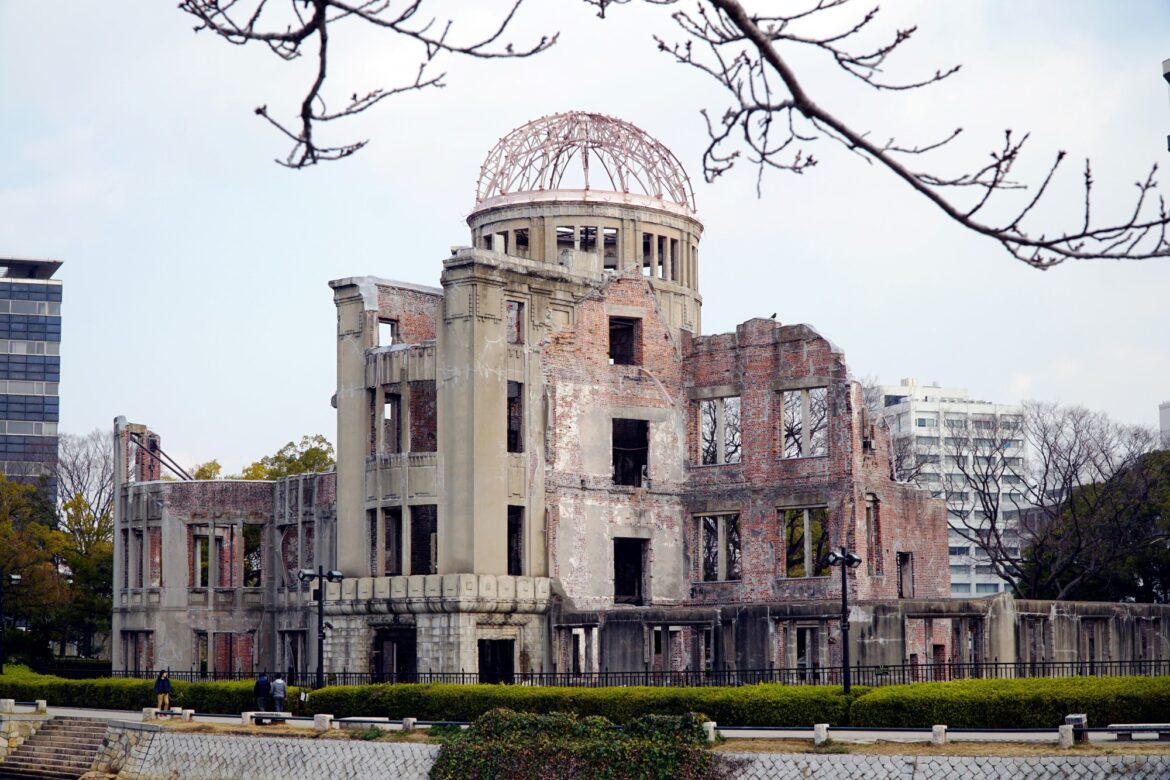The bombings of Hiroshima and Nagasaki are etched indelibly into the annals of history, a poignant juxtaposition of human advancement and the harrowing capacity for destruction. On August 6 and August 9, 1945, respectively, these Japanese cities became the targets of atomic bombs dropped by the United States. The immediate and long-term effects have reverberated through the ages, commanding global attention and provoking profound theological reflection, particularly within the Christian tradition.
The genesis of the atomic bombings lay in the grueling theatre of World War II. As the war reached its crescendo, the imperative to bring about a swift conclusion prompted the use of unprecedented weaponry. However, the implications of such choices transcend military strategy; they prompt critical ethical inquiries and bear significant spiritual ramifications.
From a Christian perspective, the act of unleashing atomic devastation raises questions about the sanctity of life. Genesis 1:27 narrates that humans are created in the image of God. This divine likeness imbues life with intrinsic value, a notion that stands in stark contrast to the willful obliteration witnessed in Hiroshima and Nagasaki. The legacy of these bombings serves as a compelling reminder of the fragility of life and the moral responsibility of humanity to uphold and respect it.
The immediate carnage was catastrophic. In Hiroshima, an estimated 140,000 lives were extinguished by the end of 1945. Nagasaki saw approximately 74,000 fatalities. The sheer scale of death and destruction left an indelible mark on survivors, known as hibakusha. They were not merely victims of war but living testimonies to the harrowing endurance of the human spirit in the face of unprecedented suffering. For Christians, supporting these survivors is a mandate rooted in compassion and communal responsibility, echoing the teachings of Christ to serve those who are suffering.
Beyond physical injuries, the psychological trauma inflicted on both survivors and their descendants presents another profound legacy of the bombings. Many hibakusha endured not just the loss of family and community but also pervasive feelings of shame and isolation. The aftereffects lingered for generations, manifesting in various mental health disorders. This generational trauma speaks to the broader Christian narrative of redemption and the need for communal healing. Churches and faith communities have a crucial role in providing a supportive environment for those haunted by these scars, offering solace and the possibility of renewal.
The environmental ramifications of the bombings add another layer of complexity. The radioactive fallout contaminated land and water sources, engendering long-term health repercussions. In a theological context, this degradation of creation challenges the anthropocentric attitudes often found in religious discourse. The Christian stewardship mandate, rooted in the call to care for creation, urges believers to confront the environmental implications of their actions. These bombings underscore a collective need for repentance and action, particularly in the face of contemporary ecological crises.
Furthermore, the moral complicity of nations in the creation and use of nuclear weapons demands robust theological engagement. The Just War Theory, a framework often invoked by Christians addressing the moral implications of warfare, calls for a stringent assessment of the righteousness of war measures. The bombings of Hiroshima and Nagasaki raise critical questions about proportionality and discrimination—principles integral to Just War Theory. Can we reconcile the devastating cost of these bombings with any ethical justification? The silence of God in the face of such suffering begs contemplation as believers wrestle with the implications of divine justice and mercy.
Reflecting on the theological implications of the bombings invites Christians to consider the overarching narrative of redemption that permeates Scripture. The crucifixion of Christ exemplifies the profound suffering that can come from human actions yet also signifies hope and transformation. The legacy of Hiroshima and Nagasaki implores believers not only to acknowledge the past’s tragic realities but to embody a transformative message of peace, reconciliation, and a commitment to preventing such calamities in the future.
In examining the responses of Christian communities after the bombings, one finds a tapestry of activism aimed at promoting disarmament and peace. Many believers joined forces to raise awareness of the atrocities and advocate for a world free of nuclear weapons. This moral imperative resonates with the Eucharistic call to peace, compelling Christians to challenge a culture that adores power over virtue.
The Hiroshima and Nagasaki bombings represent more than historical events; they encapsulate fundamental theological dilemmas concerning human existence, moral agency, and divine grace. The narrative of tragedy invites introspection and fosters a meditative space for believers to grapple with the implications of their faith amidst the darkness of humanity’s choices. Ultimately, this legacy of tragedy serves as a clarion call to pursue peace actively, cherishing every life as a reflection of God’s divine image, and engaging in collective efforts to foster healing and reconciliation in a world still scarred by violence.
As such, the ongoing dialogue on the implications of these bombings extends beyond mere historical analysis. It requires a commitment to transformation, urging contemporary Christians to advocate for justice and to build a culture that promotes forgiveness, understanding, and love. The journey from tragedy toward a future anchored in hope is a path worth pursuing, aligning with the message of Scripture that challenges believers to seek peace and pursue it diligently.



